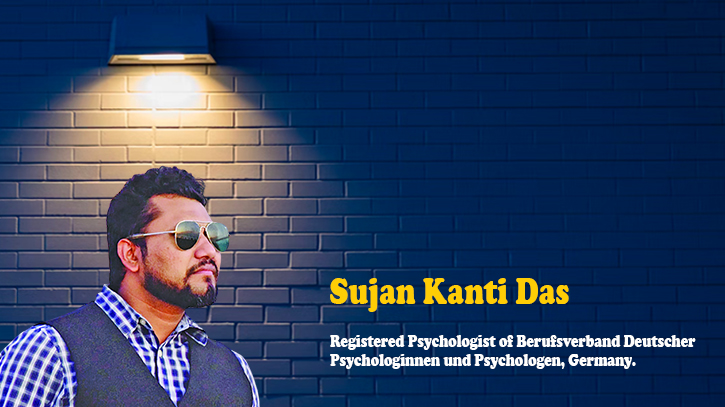
Photo: Messenger
Nowadays, when we open the pages of newspapers, we see various news of suicide, which shocks us. Today I am writing about what suicide is and how to prevent it. Suicide is a global public health problem that affects individuals, families and communities. Understanding the causes of suicide and implementing effective prevention strategies are important steps in saving lives and promoting mental well-being.
What is suicide:
Suicide is a complex phenomenon that is influenced by a variety of factors, including mental illness, trauma, substance abuse, social stress, and personal circumstances. This often results in unbearable emotional pain and feelings of despair.
Risk factors for suicide: Identifying those at risk for suicide is essential for prevention efforts.
Some common risk factors include:
Mental health disorders such as depression, bipolar disorder and schizophrenia.
Previous suicide attempt.
Substance abuse.
Chronic illness or pain.
Trauma.
Family history of suicide.
Social isolation or lack of support.
Warning signs:
Recognising the warning signs of suicide can help intervene before it's too late and save a life. Signs that may indicate a person is at risk of suicide.
Talking about wanting to die or feeling hopeless. There is no purpose in living.
Alcohol or drug overdose.
The person withdraws from friends and social activities.
Expressing feelings of worthlessness or guilt.
Making preparations for suicide, such as donating property, tendency to write suicide notes. If we know the prevention strategies, we can easily prevent suicide.
Prevention Strategies: Suicide prevention requires a multifaceted approach that becomes collaborative at individual, community, and societal levels.
Here are some effective strategies that can help prevent suicide.
Mental Health Promotion: To encourage open discussion about mental health by organising various meetings, seminars and meetings. Screening and early intervention: Implementing screening programs in healthcare settings to identify at-risk individuals and provide timely intervention.
Crisis Intervention: Establishing crisis hotlines, support groups and emergency services for people in crisis. Education and Awareness: Educating the public about suicide risk factors, warning signs and available resources.
Limiting Access to Suicide Substances: Implementing policies to reduce access to lethal means of suicide such as firearms and drugs.
Suicide prevention is everyone's responsibility. By understanding the factors that contribute to suicide, recognising the warning signs and implementing effective prevention strategies, we can save lives and build a world where emotional well-being is a priority. Together, we can create a future where suicide is no longer the leading cause of death.
The writer is a Registered Psychologist of Berufsverband Deutscher Psychologinnen und Psychologen (Clinical section), Germany.
Messenger/Disha








